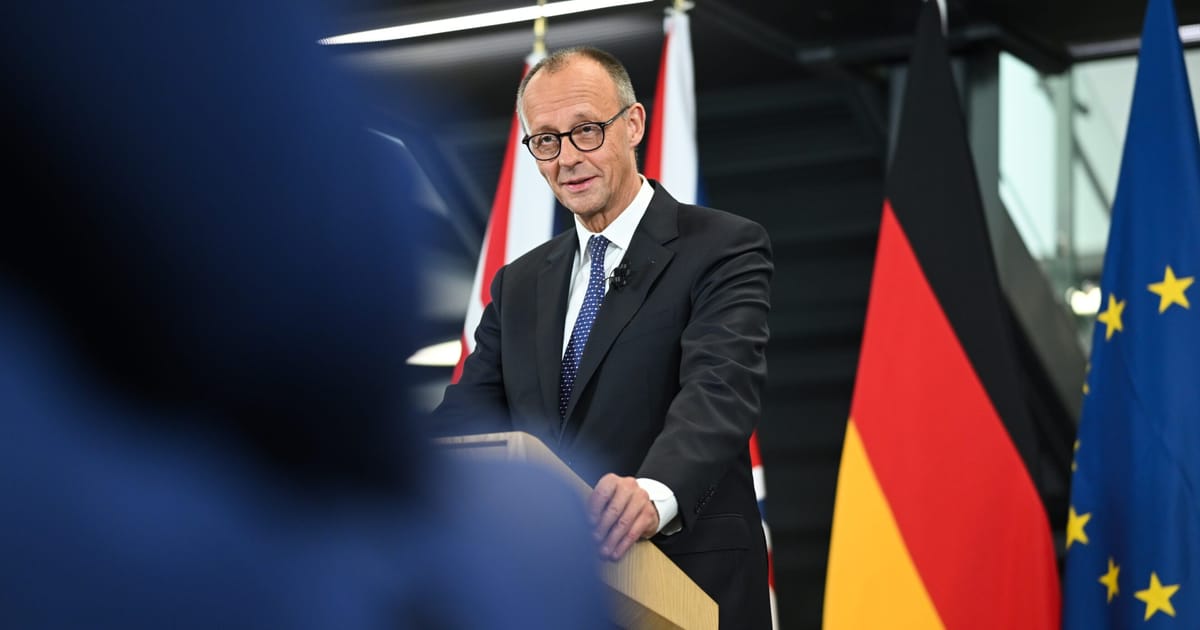

In a world that is continually shifting with geopolitical events, recent developments highlight the resilience and will for peace amidst conflicts. From the timely support of missile defense systems to strategic shifts in governmental leadership, these narratives unfold across various nations, revealing a complex tapestry of international relations.
Focusing on Ukraine, the approach of reinforcements showcases Germany’s commitment to supporting its defense. German Chancellor Friedrich Merz has indicated that Patriot missile systems, provided by Germany, are set to become operational in Ukraine within a matter of weeks. This move is aimed at bolstering the country’s defensive capabilities as it faces ongoing challenges. Such collaboration underpins the broader spirit of European unity and resolve in addressing the security needs of Ukraine.
Amidst this backdrop, Ukraine’s internal dynamics continue to evolve as President Volodymyr Zelenskyy implements a government reshuffle. This strategic decision underscores his administration’s response to external pressures from diverse political forces, including Russian President Vladimir Putin and former U.S. President Donald Trump. This change aims to invigorate Kyiv’s governance framework, enhancing its capacity to confront both internal and external challenges while empowering the nation towards stability and growth.
In another corner of the world, legal and ethical considerations come to the forefront in Belgium, where a Brussels court has mandated that Flanders must halt the transfer of military equipment to Israel. This ruling responds to concerns raised by NGOs about compliance with international law, emphasizing the importance of respecting human rights and ethical standards in international transactions. Such decisions reaffirm the commitment to legal frameworks and the importance of safeguarding peace and security through lawful processes.
Meanwhile, in the Middle East, escalating tensions continue to reverberate. Italian Prime Minister Giorgia Meloni has responded strongly to an Israeli attack that damaged the only Catholic church in Gaza, denouncing the act as “unacceptable”. This act has drawn international attention, highlighting the necessity for protecting religious sites and ensuring the safety of all communities within conflict zones. The incident serves as a poignant reminder of the value of dialogue and understanding among diverse cultures and nations.
In Syria, a delicate balance is sought with recent developments in the province of Sweida. After several days of clashes between Syrian government forces and local Druze fighters, an agreement has been reached allowing the Druze to manage security within their region. This decision, described as a measure to avoid further conflict, emphasizes peaceful resolution and local governance over continued strife. However, the situation remains fragile, as Israeli military interventions in the region unfold amidst these developments, with strikes reported in the capital Damascus.
These events in Syria underscore the complexity of regional conflicts, where external and internal forces intertwined and the pursuit of peace remains paramount. As ceasefires are brokered and withdrawal of forces takes place, the path towards stability demands sustained efforts and diplomatic finesse.
This collection of events, stretching from Europe to the Middle East, paints a picture of a world in pursuit of resolution and fortification. Even amid tension, these moments offer glimpses of hope, demonstrating a collective endurance and the enduring aspiration for peace and cooperation. Each step, whether a shift in political leadership or the halting of arms transfers, echoes the unwavering dedication to international harmony and the rightful prioritization of humanity’s shared future.
Source: {link}
